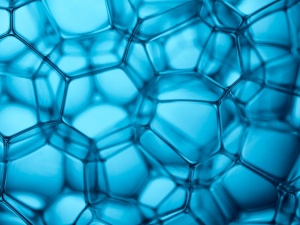Polymer‐Based Low‐Temperature Thermoelectric Composites
Abstract
Thermoelectric materials allow direct conversion of waste heat energy into electrical energy, thus contributing to solving energy related issues. Polymer‐based materials have been considered for use in heat conversion in the temperature range from 20 to 200 °C, within which conventional materials are not efficient enough, whereas polymers due to their good electronic transport properties, easy processability, non‐toxicity, flexibility, abundance, and simplicity of adjustment, are considered as promising materials. Due to the large variety of available polymers and the almost unlimited combinations of possible modifications, the field of polymer‐based thermoelectrics is very rapidly developing, already reaching efficiency values close to those of inorganic systems. In the current progress report, the most recent advances in the field are discussed. New approaches to improve thermoelectric performance are described, with a focus on revising the mechanisms to improve the thermoelectric properties of the three most investigated polymer matrixes: poly(3,4‐ethylenedioxythiophene) polystyrene sulfonat, poly(3‐hexylthiophene‐2,5‐diyl), and polyaniline, alongside the three main paths of optimizing properties: incorporation of carbon‐based material and inorganic substances, and treatment with chemical agents. The most promising research in the field is highlighted and thoroughly analyzed. The path toward a lab‐to‐fab transition for thermoelectric polymers is suggested in perspective.
Full Open Access progress report:
Source: Preview Image: Eakachai Leesin/EyeEm/Getty Images



